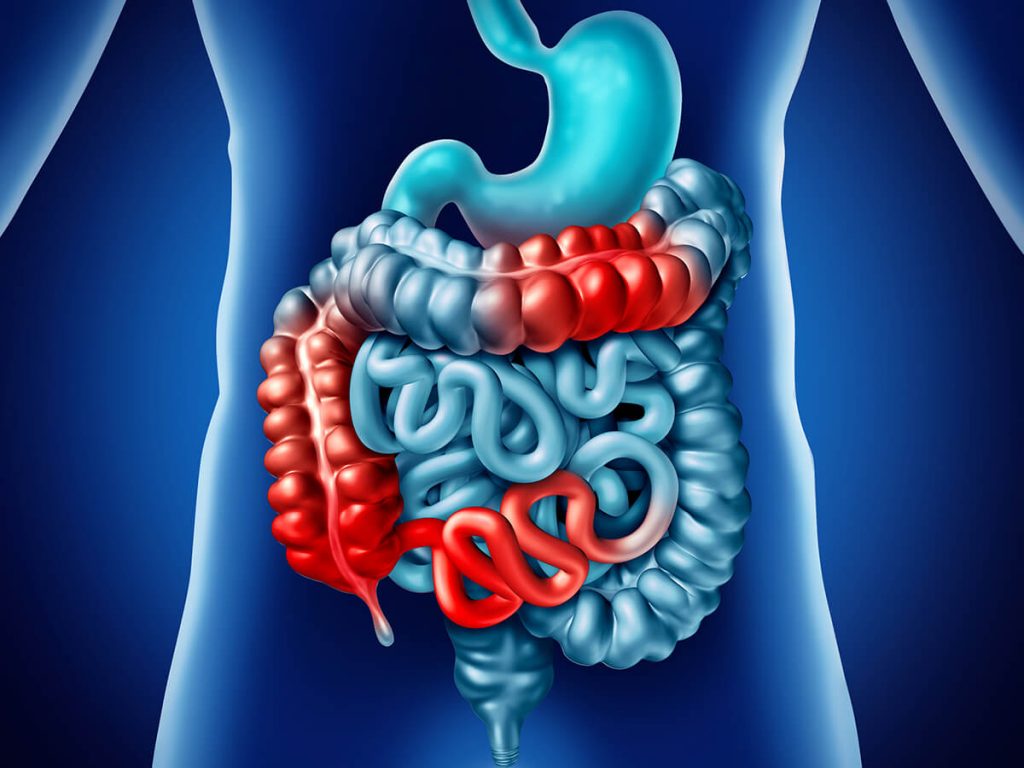Crohn’s disease is an incurable form of inflammatory bowel disease (IBD). Scientists still don’t know what causes IBD, or how to cure it, but there are several treatments available. Getting a diagnosis of Crohn’s disease is very concerning, and it’s natural to be worried on how it will affect your life. The good news is, there are many treatments available for Crohn’s disease and more are on the horizon.
What Is A Prognosis?
The prognosis for people with Crohn’s disease varies and depends on several factors such as age, overall health, type and severity of symptoms, and response to treatment. With proper treatment and management, most people with the disease are able to lead full, productive lives. However, the disease may go into remission or flare up, and can cause long-term complications such as malnutrition, bowel obstruction, and scarring. Regular monitoring and care by a healthcare professional is important for managing symptoms and preventing complications.
What’s The Prognosis For Crohn’s Disease?
The prognosis for Crohn’s is variable, and is going to be different based on how the disease changes over time and how it responds to treatment with medications or surgery. Some people with Crohn’s disease will experience only mild disease, while others will live with severe disease. In addition, the severity of the disease could also change after diagnosis.
Complete resolution of Crohn’s disease after one flare-up is extremely rare. Many people who are diagnosed with Crohn’s disease experience periods of active disease (flare-ups) and periods where there are few or no symptoms (which is commonly referred to as remission). IBD experts agree that while having few to no symptoms is one goal of treatment, the larger goal is to heal the parts of the digestive tract that are affected by disease, which is known as mucosal healing.
Will Crohn’s Disease Shorten Your Life?
The good news is the disease does not shorten a person’s lifespan. It is not considered a fatal condition, and many patients are able to control their symptoms with drug therapy. There can be, however, complications. Staying on top of Crohn’s disease symptoms and managing it properly will help in keeping complications under control.
How Many People With Crohn’s Disease Have Surgery?
Most people who have Crohn’s disease will have surgery at some point in their lives. About 70% will have surgery in the first 10 years after diagnosis, and of those, 50% will have more surgery in 3 to 4 years.
Do People With Crohn’s Disease Get Colon Cancer?
More than 90% of people with IBD will never develop cancer. However, people who have IBD do need to be aware that the disease is associated with a five times greater risk of developing colon cancer than people in the general population. People with IBD of the small intestine are also at increased risk of small bowel cancer, although this type of cancer is extremely rare. People with Crohn’s disease should see their gastroenterologist on a regular basis in order to get testing and to monitor for signs of any type of intestinal cancer.
The Bottom Line
The prognosis for people with Crohn’s disease varies and depends on several factors such as age, overall health, type and severity of symptoms, and response to treatment. With proper treatment and management, most people with Crohn’s disease are able to lead full, productive lives. However, the disease may go into remission or flare up, and can cause long-term complications such as malnutrition, bowel obstruction, and scarring. Regular monitoring and care by a healthcare professional is important for managing symptoms and preventing complications.
